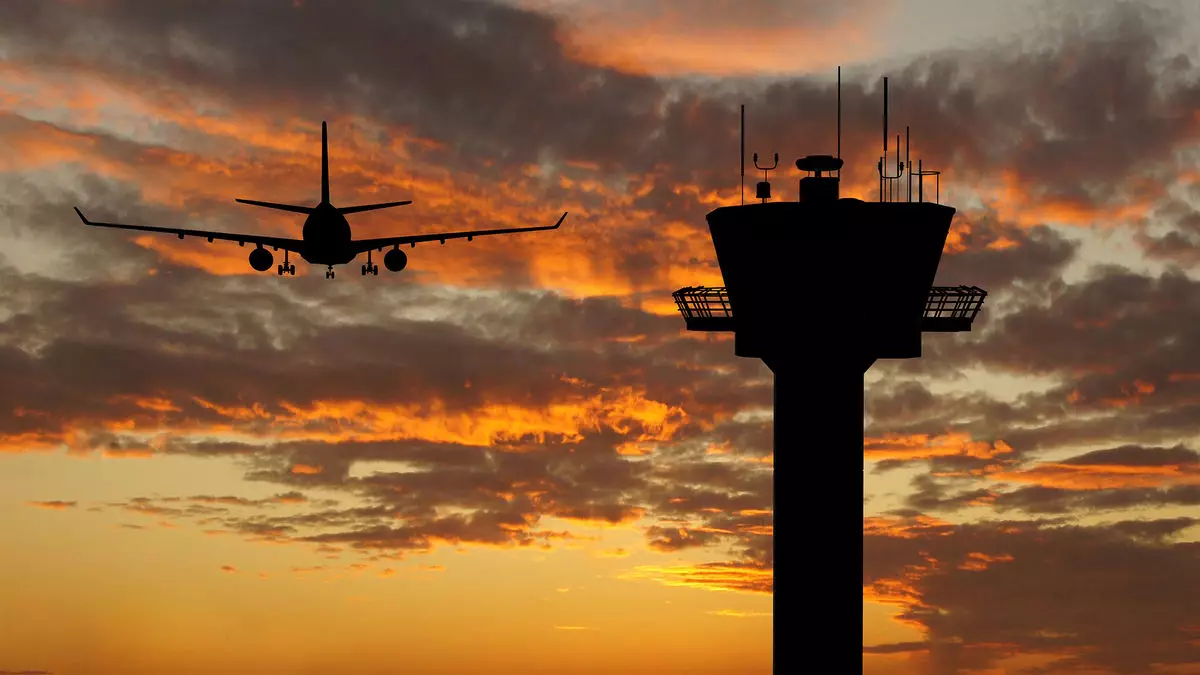The discourse on air travel competition in the United States has intensified, particularly following the recent call for public input from the Department of Justice (DOJ) and the Department of Transportation (DOT). While both the American Society of Travel Advisors (ASTA) and the U.S. Travel Association acknowledge the significance of the issue, their responses reveal contrasting standpoints about the current state of air travel competition and the potential for meaningful reform.
ASTA has positioned itself as a staunch proponent of the DOT-DOJ inquiry, highlighting it as a critical opportunity to voice concerns about the long-standing issues in the airline industry. In their statement, ASTA underscored the negative ramifications of airline consolidations, which have been prevalent since the deregulation era of the late 1970s. The organization articulated a fear that these mergers have eroded competition, leading to inflated prices and a reduction in travel options for consumers.
Travel advisors, who now play a pivotal role in selling approximately 735,000 air tickets every day, have been on the front lines, witnessing firsthand the detrimental effects of reduced competition. Once partners of airlines, their transition into consumer advocates exposes a contradictory reality; although they aim to offer the best choices to travelers, their ability to do so is compromised by the few available options. The soaring prices, dwindling choices, and the dissatisfaction expressed by clients starkly illustrate the pressing need for a reevaluation of market dynamics in U.S. air travel.
Moreover, ASTA’s previous complaints regarding American Airlines’ monopolistic practices at its hub airports raised critical questions about market dominance. By advocating for the relinquishing of slots at capacity-constrained airports, ASTA seeks to invigorate competition and enhance consumer welfare. Such perspectives emphasize the urgent need for regulatory oversight and a recalibration of the competitive landscape within the airline industry.
In stark contrast, the U.S. Travel Association has denounced the inquiry as a politically motivated maneuver rather than an earnest effort to address substantive issues within air travel. According to U.S. Travel, the portrayal of the airline industry as excessively anti-competitive coincides with historical lows in airfare and unprecedented demand for air travel. The organization argues that these indicators reflect a vibrant travel market. Thus, instead of initiating an inquiry, they advocate for more investments in technology, infrastructural improvements, and addressing the notable lack of air traffic controllers.
Geoff Freeman, the CEO of U.S. Travel, is particularly critical of how the Biden administration has approached the challenges faced by the aviation sector, suggesting that the focus on political rhetoric distracts from the operational improvements needed to enhance the air travel experience. Highlighting a concerning disparity, Freeman pointed out that the government should prioritize resolving issues related to air traffic control shortages rather than engaging in what he perceives as micromanagement of industry operations, such as airline rewards programs.
The timing of the inquiry, just weeks before a national election, has raised eyebrows and heightened skepticism about its motivations. Airlines for America also contributes to this narrative, insinuating that such inquiries tend to be politically charged rather than substantively driven. The historic probe into airline rewards programs showed a trend where regulatory bodies appear to intercede at an inopportune time while failing to effectively address core operational challenges in aviation.
This scrutiny reveals a fundamental tension in public policy surrounding the airline industry. While regulatory intervention is warranted to ensure fair competition, the manner and timing in which such inquiries are conducted can undermine their legitimacy. When perceived as politically motivated actions, they risk alienating both consumers and industry stakeholders who may perceive it as mere theatrics rather than a genuine pursuit of reform.
The divergent opinions of ASTA and the U.S. Travel Association reflect broader tensions in the ongoing debate over air travel competition in the United States. ASTA calls for reform to remedy the adverse effects of airline consolidation, while U.S. Travel urges a focus on operational improvements without the entanglement of political motives. Both perspectives recognize the challenges faced by consumers, underscoring a crucial need for a balanced approach that prioritizes effective regulation while ensuring the travel industry remains competitive and responsive to consumer needs. Only through collaborative efforts and meaningful dialogue can the ultimate goal of improving air travel for all stakeholders be achieved.

